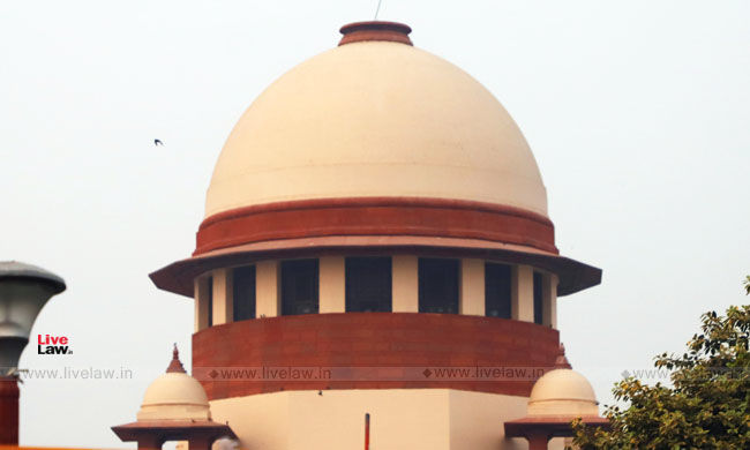Supreme Court Stays Patna High Court's Order Directing Demolition Of Waqf Bhawan Constructed Close To The High Court Building
Srishti Ojha
1 Sept 2021 8:01 PM IST

Patna High Court, in its demolition order, had previously noted that the Waqf Bhawan is in utter and brazen violation of Section 32 of the Waqf Act, 1995, bye-law no. 21 of the Bihar Building Bye-Laws, 2014 and various provisions of the Municipal Act.
Next Story


